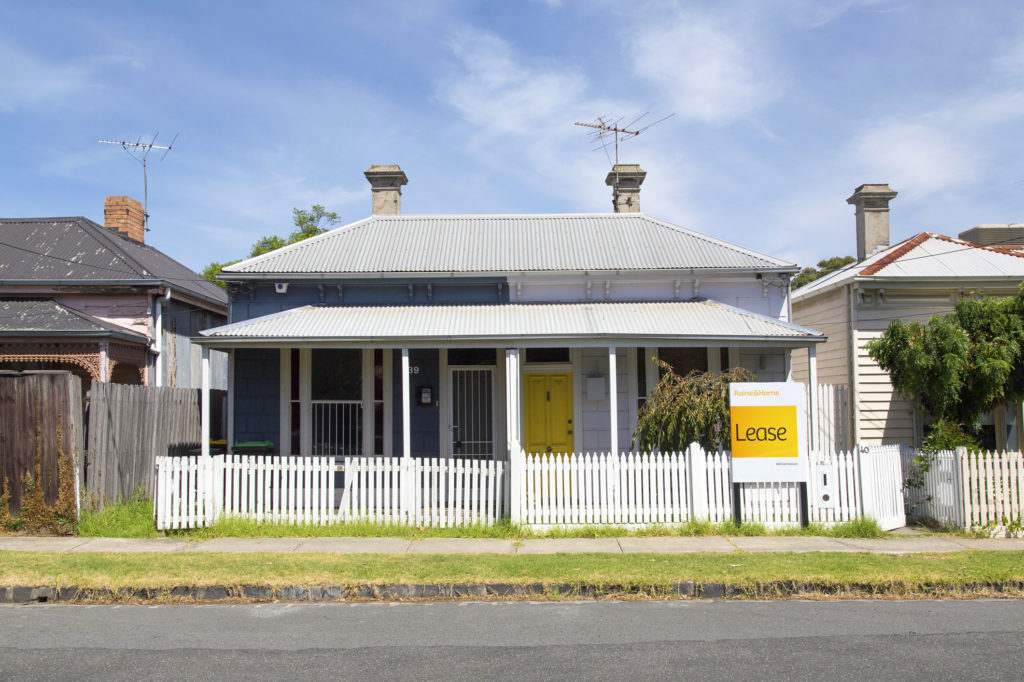The ATO has indicated that it will once again be focusing on the reporting of rental income and deductions as this continues to be an area where mistakes are frequently made.
The first point made by the ATO is to ensure that all rental income is included, such as income from short-term rental arrangements, renting part of a home, and other rental-related income like insurance payouts and rental bond money that has been retained.
Advisers should also check to ensure that all expenses are accounted for correctly, for example as either deductible upfront, over time, and/or as being included in the cost base of a property. It is necessary to ensure that deductions are only claimed to the extent that the property is used for income producing purposes. This can also be an issue with respect to apportioning interest expenses on a loan used partly to acquire the property and partly for private purposes.
The ATO provides some comments on the tax calculations that need to be performed when selling a rental property. The cost base will typically include the cost of the property when purchased and any costs associated with acquiring or selling it. This can include things like stamp duty, legal fees, valuations and real estate sales fees. Capital works deductions sometimes need to be subtracted from the cost base.
Beyond the comments made by the ATO in the guide it is important to ensure that appropriate adjustments are made when clients sell depreciating assets with a rental property. These are separate assets from the property and it is necessary to perform separate calculations in relation to these assets.
To find out more, please give us a call on 02 4910 5555 or contact us here.




